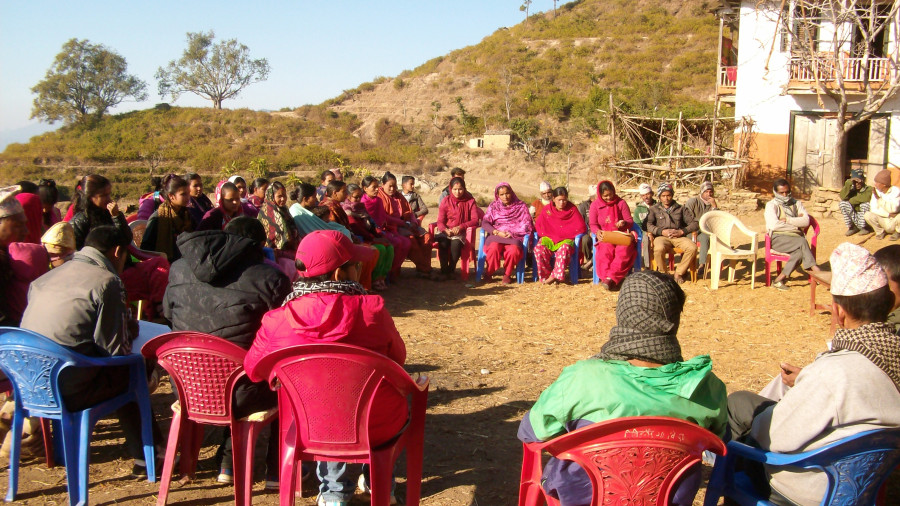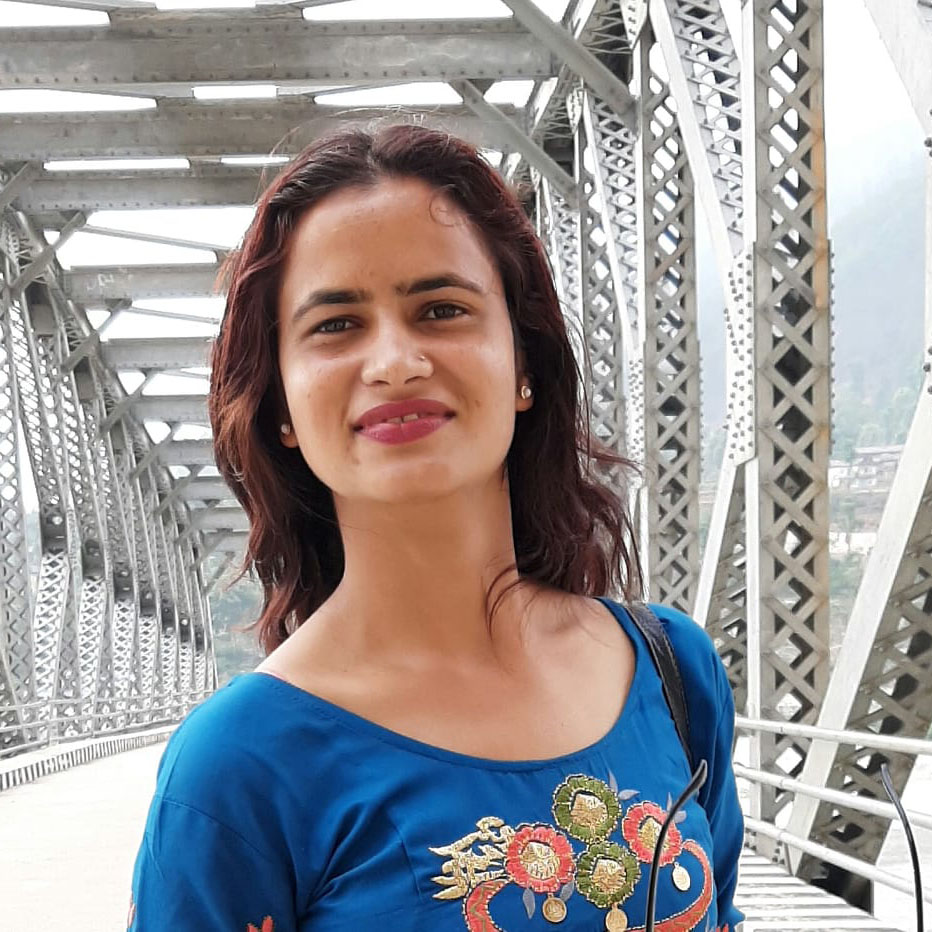National
‘Untouchability’ culture among Dalits weakens anti-discrimination drive
Tulasi Aauji, of Mangalsain Municipality-5, married Ruman BK, of Kamalbazar Municipality-6, four years ago when she was 21 years old. However, Ruman’s family did not accept Tulasi, and the couple had to flee to India.
Menuka Dhungana
Tulasi Aauji, of Mangalsain Municipality-5, married Ruman BK, of Kamalbazar Municipality-6, four years ago when she was 21 years old. However, Ruman’s family did not accept Tulasi, and the couple had to flee to India.
“We tied the knot and went to his house. But my in-laws did not even let us inside the house because I belong to a lower caste,” said Tulasi, adding that the BK family has not yet recognised her as its member. Both Aauji and BK belong to Dalit ethnic groups. But Aauji is considered to be of a lower social status than BK in caste hierarchy, even within the Dalits. Though the constitution clearly states that caste discrimination is a punishable offence in the country, discrimination still runs deep between Dalit and non-Dalit people as well as within Dalits themselves in various districts in the Far-Western Province. Dalit communities like Kami, BK, Luhar, Oda and Sunar claim to be ‘upper caste’ Dalits, and they consider Dalits like Damai, Nepali, Sarki, Aauji, Dholi, among others, ‘lower caste’ Dalits. Badi community, which is at the bottom of the hierarchy, is considered ‘untouchable’ even among the Dalits.
“We feel horrible when we are discriminated for being Dalit by non-Dalit people. But the pain and humiliation is much more when we are discriminated by another Dalit,” said Tulasi.
Dalit rights activists are of the opinion that discrimination within the Dalit community has weakened the campaign against caste-based discrimination. Ramesh Mijar, of Timilsain, said Dalit communities could not ‘retaliate’ against non-Dalit communities because there is widespread discrimination within the Dalit community itself. According to him, discrimination amongst Dalits is so deep that Dalits that belong to different social statuses even have separate water sources. “A Dalit from a ‘lower caste’ cannot fill water from the tap or well of an “upper caste” Dalit,” said Shanti Sarki, ward member of Bannigadhi Jayagadh Rural Municipality-4, who has been strongly advocating against caste-based discrimination in the country.
With an objective to empower Dalit communities and include them in the decision making process, the constitution has a provision that makes it mandatory for a Dalit woman to be a member of a ward committee in local units, like Shanti Sarki. However, elected Dalit representatives opine that it is difficult to fight against caste discrimination due to discrimination within the Dalit communities.




 9.51°C Kathmandu
9.51°C Kathmandu














